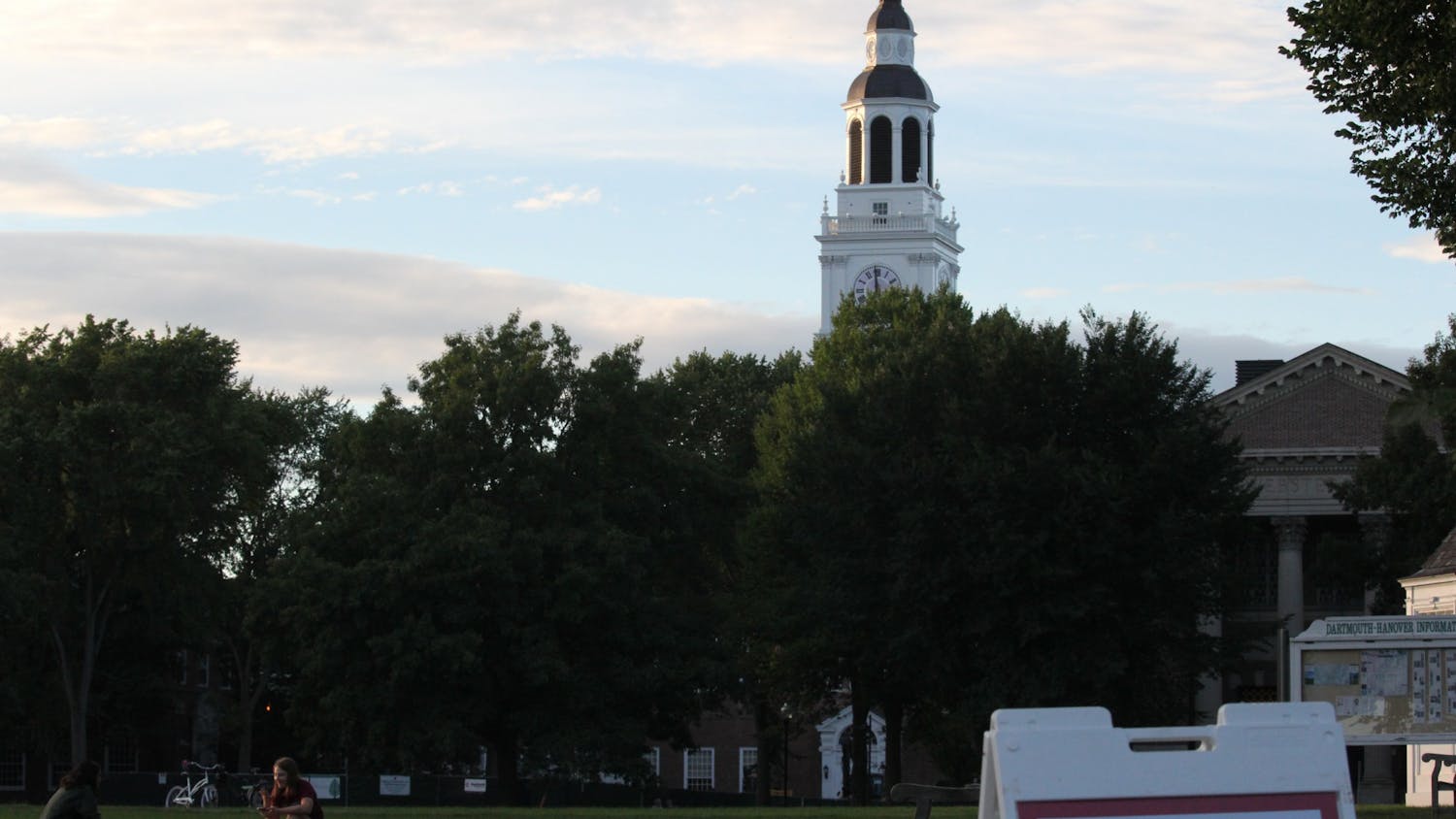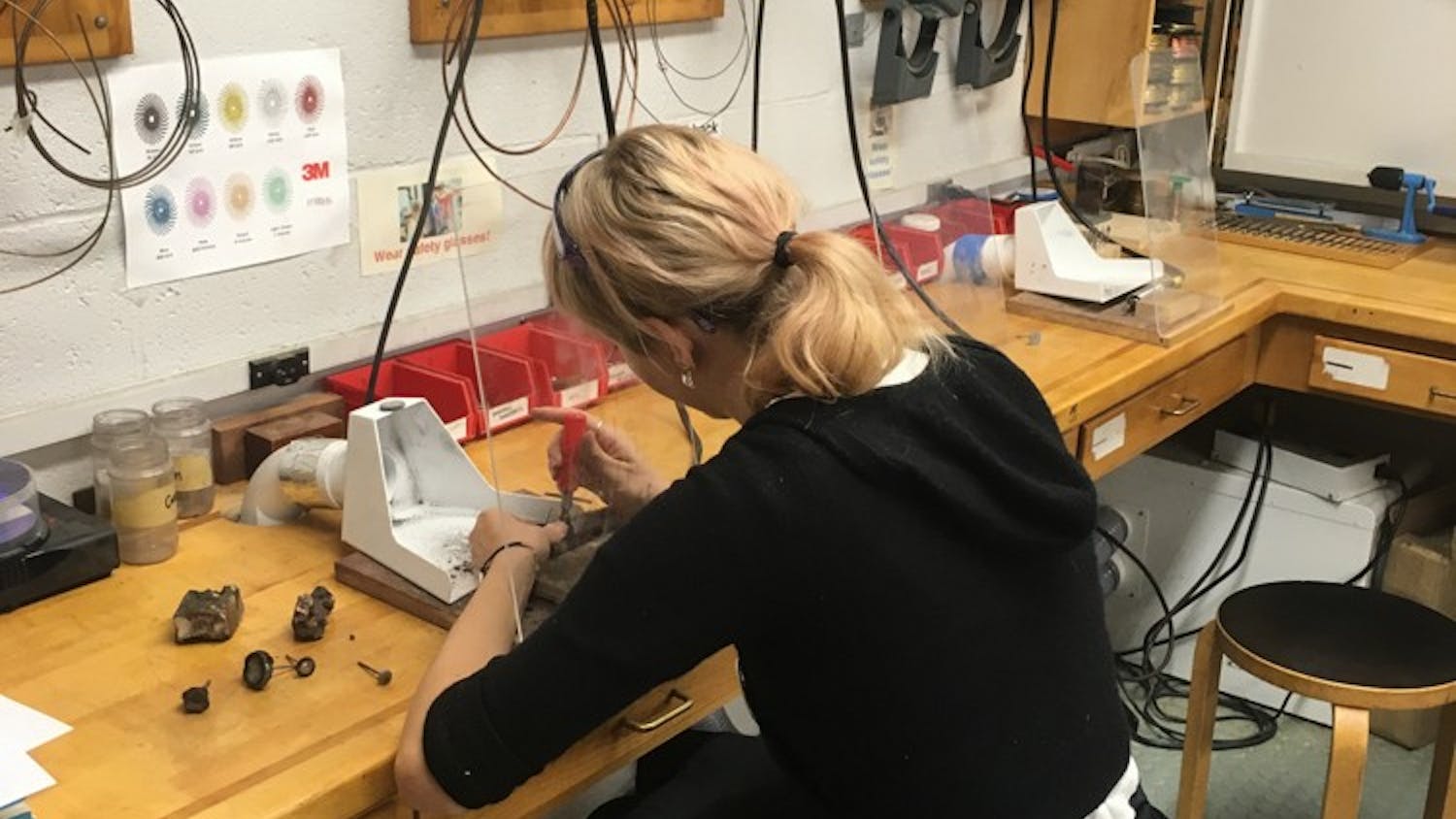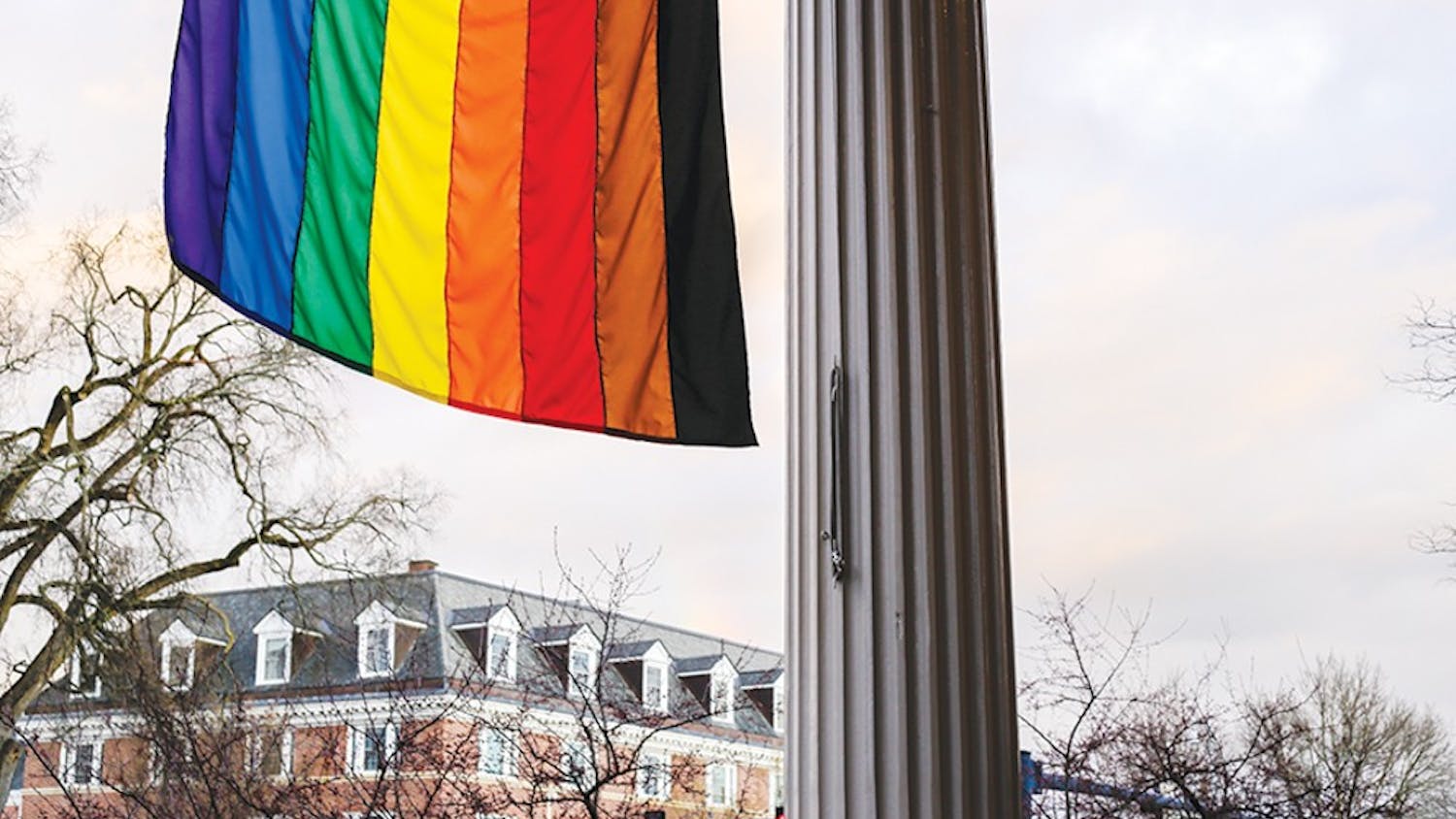On March 9, two Dartmouth students testified verbally over Zoom before the New Hampshire House Education Committee against House Bill 198 — legislation that would ban transgender women from competing in women’s sports in public schools. The committee voted to retain the bill on Tuesday, delaying it for a year to clarify the wording of the bill and examine additional research.
The GOP-backed bill, which was introduced in January, aims to make an exception to RSA 354-A:27 — the state law providing for equal opportunity in public education — to exclude transgender women from women’s sports in public high school and postsecondary schools for the stated purpose of “ensur[ing] that biological females have equal athletic opportunities.” Eight Republican representatives signed on as sponsors of the bill.
The proposed legislation comes amid a recent wave of similar bills across the country, with over 25 states currently entertaining laws that would bar transgender women and girls from competing in women’s sports at public schools. Last week, with the support of former President Donald Trump, Mississippi became the latest state to vote its anti-transgender “Fairness Act” into law.
“This bill claims to be about promoting fairness and biology, [but] it really is not based in science the way it claims to be and doesn’t promote fairness the way it claims to,” said Val Werner ’20, a transgender man, who submitted written testimony against the bill.
Olivia Goodwin ’21, who is nonbinary and competes on Dartmouth’s women’s varsity track and field team, testified at the public hearing and said that the NCAA already has guidelines on “how to navigate physiological differences” to allow transgender athletes to compete. For example, the NCAA requires transgender women to undergo one calendar year of testosterone suppression treatment before competing on a women’s team.
Goodwin said they decided to testify against the bill after hearing about it in a campus LGBTQ+ GroupMe.
“It was important for me to testify … as an act of solidarity within the community,” Goodwin said. “… I’m in a position of privilege where I am able and willing to do it.”
Out of the 31 people who shared testimony at the public hearing — including students, parents, medical experts and transgender rights advocacy groups — only one person expressed support for HB 198. The overwhelming majority of those who testified urged the committee to vote “inexpedient to legislate” — a recommendation against the bill. According to state representative David Luneau, D-Merrimack, an additional 1,135 people signed in opposition to the bill, while only 24 signed in support.
On Tuesday, state representative Alicia Lekas, R-Hillsborough, one of the co-sponsors of the bill, made the motion to retain the bill in order for it “to be worded differently and better.” The motion passed with a vote of 11 to nine, with all Republican representatives in the committee voting to retain. Bills that are retained remain in committee for the rest of the year for further research and may be brought to the House floor the following year.
State representative Mel Myler, D-Merrimack, said that HB 198 is “so onerous” that the bill should have been deemed inexpedient to legislate.
“This is an unusual move on the part of our caucus, but it represents, I think, the emotion that we have about the need for this bill not to pass in any form whatsoever and even be worked on whatsoever,” Myler said at Tuesday’s session.
Since HB 198 proposes changes to participation in high school and postsecondary public school, the bill, as it is currently written, would not directly impact Dartmouth athletes. However, according to Goodwin, the bill’s potential to restrict opportunities for some transgender athletes to participate in high school athletics could affect Dartmouth’s recruiting process.
“It would actually affect in practice who ends up on each team,” Goodwin said. “… People will recruit from public high schools, and some of those will be in-state. So, the problem is that it limits a student’s ability to be recruited fairly and have equal opportunity in that regard.”
Werner said that the best way of defeating this bill is being outspoken and “showing that there really isn’t a lot of public support for this kind of thing.”
“We as Dartmouth students are as much a part of the Upper Valley as anyone else, and the policies that are there affect us,” Werner said. “And even if they don't directly affect us, we have the opportunity to advocate for positive change.”




